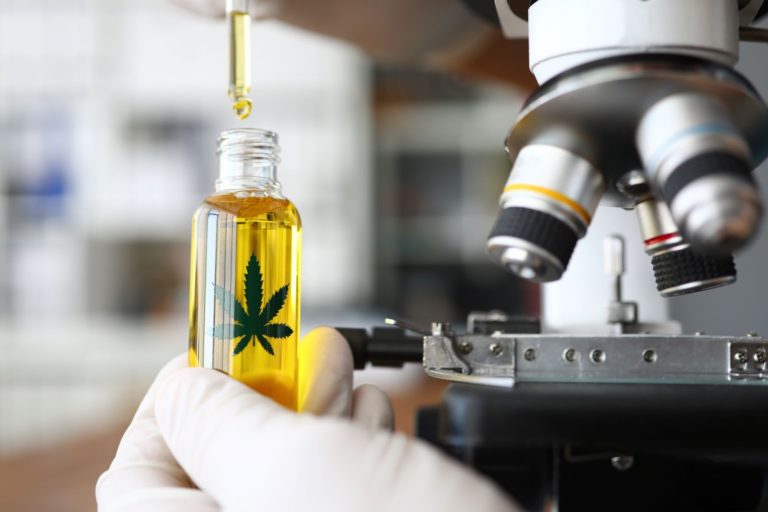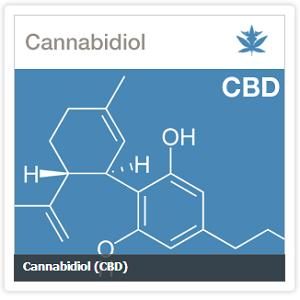 Okay, how often have you seen Amyloidosis on the list of conditions suitable for medical marijuana treatment and wondered what on earth it is? You are probably not alone; I’ll let you into a secret: I’m a health professional and I didn’t have a clue and had to look it up! So, in brief:
Okay, how often have you seen Amyloidosis on the list of conditions suitable for medical marijuana treatment and wondered what on earth it is? You are probably not alone; I’ll let you into a secret: I’m a health professional and I didn’t have a clue and had to look it up! So, in brief:
Amyloids are body-proteins that have folded in on themselves, making them insoluble. The fact that they don’t dissolve can lead to a build up of deposits in various organs, such as the heart, the kidneys, and the nerves. This accumulation interferes with the functioning of the organ. I imagine it as being a bit like a build up of calcium deposits in a kettle. A build up of amyloids is known as amyloidosis. With me so far? Good, because now it gets a little more complex: there are more than 20 proteins that may form amyloids, meaning that amyloidosis is not one disease but a whole collection.
 Types of Amyloidosis
Types of Amyloidosis
There are three main types of amyloidosis:
- Primary amyloidosis
- Secondary amyloidosis
- Hereditary amyloidosis
Primary Amyloidosis
The most common form of this very rare disease is primary amyloidosis, a disorder of blood plasma affecting the bone marrow; you may also see this disease referred to as:
- Light chain amyloidosis
- AL amyloidosis
The build-up of the amyloid protein primarily affects the heart, kidneys, lungs, skin, tongue, nerves, and intestines. It may also occur in association with multiple myeloma.
Secondary Amyloidosis
Secondary amyloidosis, also referred to as AA, occurs as a result of a pre-existing inflammatory condition or chronic infection — the most common pre-disposing disease is rheumatoid arthritis. Symptoms of AA may include protein in the urine, oedema, and extreme fatigue. Treatment will depend on the underlying disease, which must be brought under control if the amyloidosis is to be addressed.
Because the amyloid fibrils in AA Amyloidosis are deposited mainly in the liver, spleen and kidneys, the most common presentation is kidney failure. Complications in the digestive tract are frequent and present as chronic diarrhoea with bleeding, abdominal pain and poor absorption of nutrients.
Hereditary Amyloidosis
Hereditary amyloidoses are rare, at less than 1 per 100,000 of the population. Treatments for these variants of amyloidosis are not advanced but, fortunately, the hereditary variants of the disease are slow progressing and mostly limited to the kidney.
Signs and Symptoms of Amyloidosis
The signs and symptoms of amyloidosis depend on the location and size of the amyloid deposits and any organ or tissue may be affected; the signs and symptoms can also be vague and difficult to pinpoint. They include the following:
- Irregular heart beat and heart disease: over one-third of amyloidosis patients have a heart condition
- Stroke
- Kidney disorders, including kidney failure
- Gastrointestinal (GI) disorders; these include: perforation of the gut, bleeding, delayed movement of matter through the GI tract, blockage of the GI tract
- Enlarged liver
- Poor spleen function
- Poor function of the adrenal glands and other hormone producing glands
- Skin conditions, including color changes, pinprick bleeding into the skin around the eyes (shows as tiny red/purple spots), easy bruising
- Enlarged tongue, sometimes with swelling under the jaw, difficulty breathing
- Lung problems
- Swelling of the shoulder joints (may look like shoulder pads under the skin)
Traditional Drug Treatments for Amyloidosis
- A combination of Prednisilone (a corticosteroid) and Alkeran (used in some forms of cancer)
- Diuretics to relieve fluid retention and so ease oedema
- Anti-arrhythmics to control heart rhythm
- Metoclopramide to help fight nausea
Medical Marijuana and Amyloidosis
Perhaps you haven’t noticed, but the conditions that are helped by medical marijuana tend to exhibit one or more of the following characteristics:
- Inflammation
- Nausea
- Dysfunctional immune system
- Traditional drug therapy causes difficult side effects, for instance, nausea
It has been known for a very long time that cannabis has anti-inflammatory properties and we now understand that it is the CBD content of the plant that imparts these characteristics. Plants high in CBD have been shown to be capable of reducing pain, inflammation, stomach cramps and nausea. And, as an added benefit, these high CBD strains of cannabis also reduce anxiety.
You may find the following medical marijuana strains helpful for symptom control in Amyloidosis:
- Digestive Disorders: Blueberry, Blackberry, Black Domina
- Nausea, Pain, and Diarrhoea: Blueberry
- Chronic pain: Blueberry
- Nausea and Pain: Afghanica
- Pain and Nausea: AK-47
- Nausea, joint pain, and arthritis: Aurora B
- Nausea: Cali-O
- Nausea: Cinderella 99
- Oedema, epilepsy, fibromyalgia, and radiculopathy: NYC Sour Diesel
- Nausea, depression: Kali Mist
- Nausea: Nausea
- Nausea: skunk # 1
The best way of ensuring you get exactly the right strain for your condition is, of course, to grow your own marijuana
Courtesy of the fine folks at theMedical Marijuana Blog







